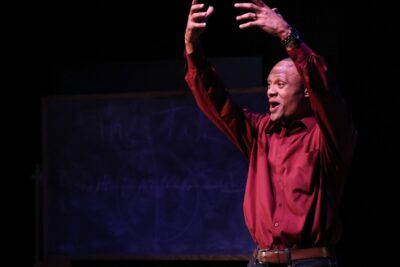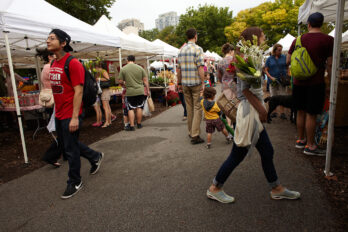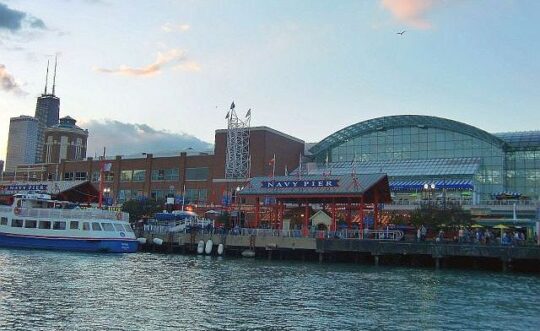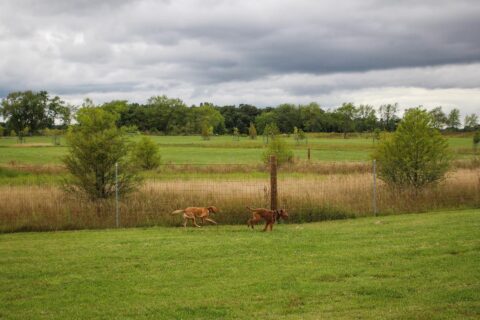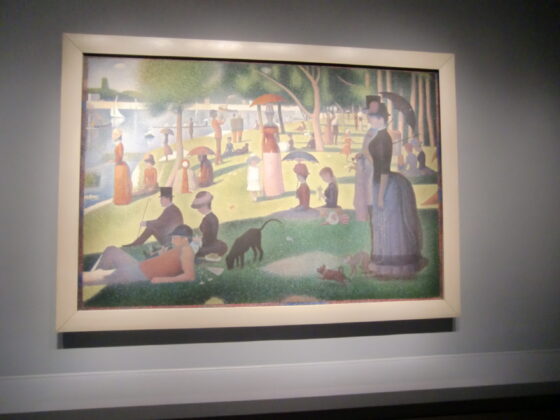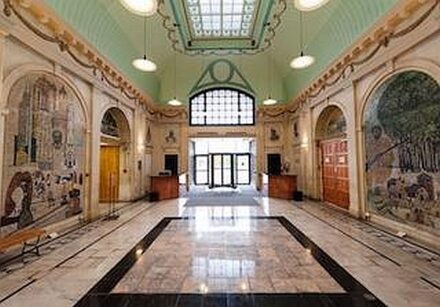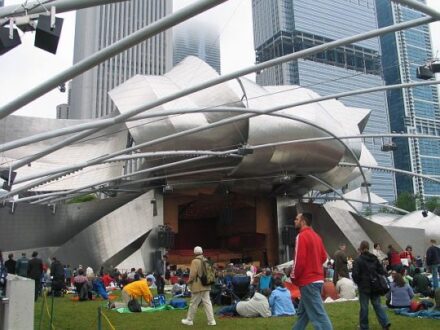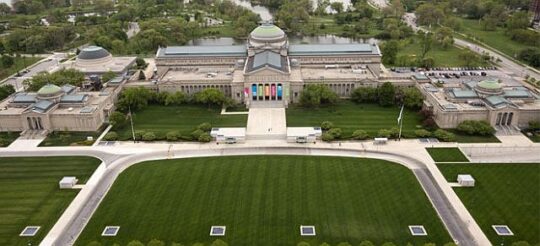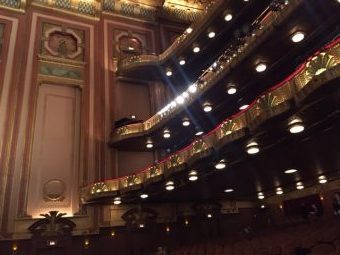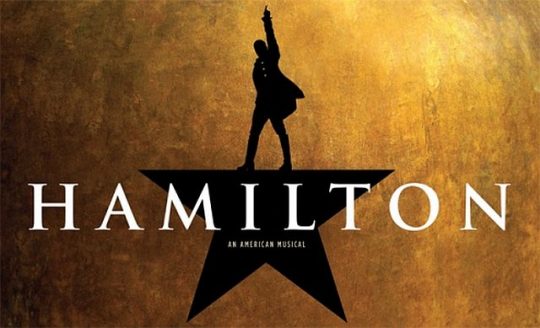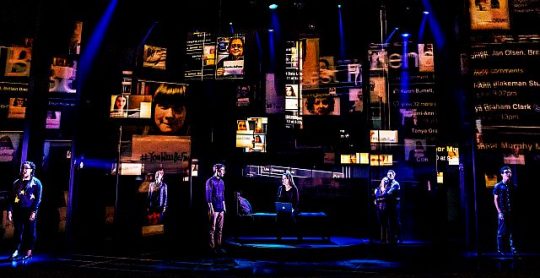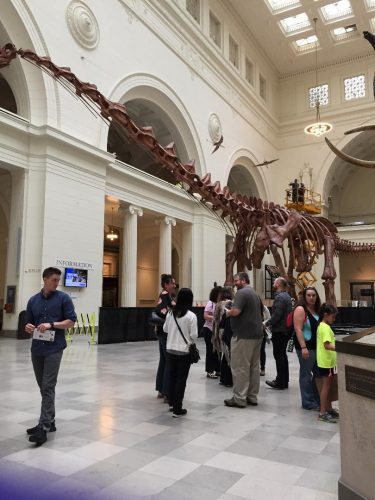
Following Mayor Lori Lightfoot’s announcement Monday that Chicago is on track to move to Phase 4 beginning Friday, June 26, Chicago’s popular zoo and museum destinations are making plans to reopen. They all are following timed-ticket reservations and the face covering, social distancing and look-but-don’t-touch protocols.
The free,easily walkable zoo in Lincoln Park, opens with a preview weekend June 26-28. It opens to the public June 29. Expect grounds to be open but buildings are closed. The zoo is at 2001 N. Clark Street, Chicago. For reservations and other information visit LPZoo/welcome.
For a virtual tour of the zoo with Mayor Lightfoot, go to HitPlayChicago. Released last week, the tour is Mayor Lightfoot’s latest field trip to Chicago destinations during the city’s and state’s “stay home” orders for staying safe.

Brookfield Zoo, operated in suburban Brookfield, IL by the Chicago Zoological Society, opens to members July 1 and the public July 8 using reserve-ahead, timed tickets. No tickets available at entrance.
“Brookfield Zoo has been closed for nearly four months and we are eagerly looking forward to welcoming guests back to reconnect with animals and nature,” said Stuart Strahl, president and CEO of CZS.
Admission includes access to Dinos Everywhere! and is $24.95 for adults, $17.95 for children ages 3-11 and $19.95 for seniors 65 and over. Parking is $15. Check protocols at CZS/Know. Indoor spaces are closed. Food carts and gift shop carts will be on walkways.
Brookfield Zoo entrances: North Gate is at 8400 31st St. (1st Avenue and 31st Street) and South Gate is at 3300 Golf Rd.
Museums
Because Chicago museums are basically indoor facilities, most of them will be opening at different times in July with timed-tickets.
Shedd Aquarium, the middle building at the Chicago Museum Campus on Lake Shore Drive, will reopen July 3. Member pre sale is June 24, public presale is June 25. Visit Tickets are for reserved time.
Other museums have said announcements will come in July. The Art Institute of Chicago is still encouraging people to visit the museum online until it reopens.

